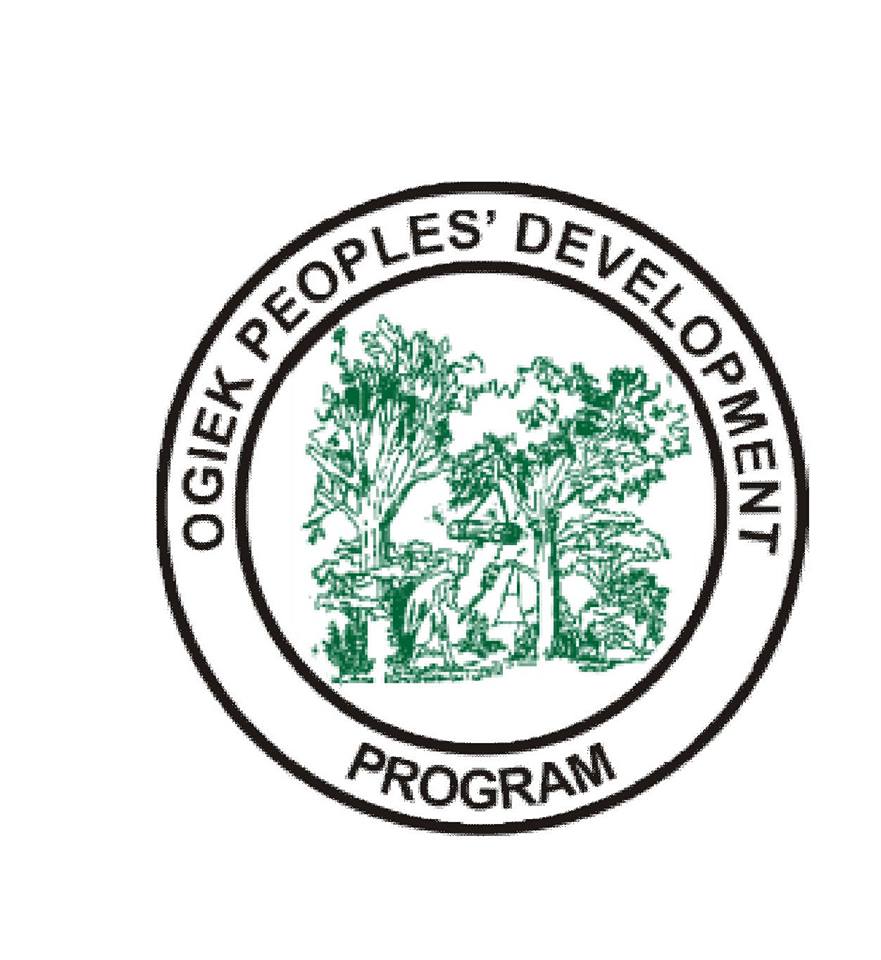
Guaranteeing Indigenous Peoples’ Rights in Kenya
Click here to see the original post in Voice.Global site-
Project Duration
-
-
Lead organisation
Ogiek People Development Programme
-
Ogiek Peoples Development Programme (OPDP) is a non-governmental organisation established in 2001 in Kenya, to champion the rights of the minority communities. The Organisational goal is to improve their socio-economic and political conditions through advocacy campaigns and inclusive development for every citizen to participate actively in national democratic processes. The organisational focuses on promoting and protecting recognition of indigenous peoples rights to end socio-economic and political marginalisation for overall sustainable development.
-
Organisation
Ogiek Peoples Development Programme (OPDP) is a non-governmental organisation established in 2001 in Kenya, to champion the rights of the minority communities. The Organisational goal is to improve their socio-economic and political conditions through advocacy campaigns and inclusive development for every citizen to participate actively in national democratic processes. The organisational focuses on promoting and protecting recognition of indigenous peoples rights to end socio-economic and political marginalisation for overall sustainable development.
-
Project
Following an eight-year legal battle, the judgement of the Africa Court for Human and People's Rights finally provides a long awaited unique opportunity for enforcing the respect of the human rights of the Ogiek as well as other minority and indigenous peoples (MIPs) in Kenya. The decision helps in securing their access to productive resources (land and water mainly), as well as by fostering space for their political participation.
The first ever indigenous community rights decision of 26 May 2017, the Court formally recognised the importance of respecting indigenous communities' land rights in Africa by ruling that the Ogiek's right to their ancestral lands, and linked cultural and religious rights among others, had been violated by the Government of Kenya as a result of decades of evictions in the name of conservation. As such, the ruling provides a unique opportunity for the Ogiek to secure the recognition of their rights violated until now and in partnership with other indigenous communities in Kenya and Africa to pursue changes in the law, policy, and practice governing the rights of indigenous peoples and natural resources, especially when linked to conservation building upon this historical precedent.
In these favourable circumstances and within the first 12 months following the ruling, the project ensures the rapid and effective implementation of such an exceptional decision by collectively engaging and mobilising all key identified stakeholders, to (i) facilitate and prepare the ground for the Court's forthcoming reparations order and (ii) to initiate the enforcement of the ruling, to monitor the first steps of its implementation and pave the way for it to benefit other Minority and Indigenous communities (MIPs) in Kenya and across Africa facing similar issues.
-
-
Following an eight-year legal battle, the judgement of the Africa Court for Human and People's Rights finally provides a long awaited unique opportunity for enforcing the respect of the human rights of the Ogiek as well as other minority and indigenous peoples (MIPs) in Kenya. The decision helps in securing their access to productive resources (land and water mainly), as well as by fostering space for their political participation.
The first ever indigenous community rights decision of 26 May 2017, the Court formally recognised the importance of respecting indigenous communities' land rights in Africa by ruling that the Ogiek's right to their ancestral lands, and linked cultural and religious rights among others, had been violated by the Government of Kenya as a result of decades of evictions in the name of conservation. As such, the ruling provides a unique opportunity for the Ogiek to secure the recognition of their rights violated until now and in partnership with other indigenous communities in Kenya and Africa to pursue changes in the law, policy, and practice governing the rights of indigenous peoples and natural resources, especially when linked to conservation building upon this historical precedent.
In these favourable circumstances and within the first 12 months following the ruling, the project ensures the rapid and effective implementation of such an exceptional decision by collectively engaging and mobilising all key identified stakeholders, to (i) facilitate and prepare the ground for the Court's forthcoming reparations order and (ii) to initiate the enforcement of the ruling, to monitor the first steps of its implementation and pave the way for it to benefit other Minority and Indigenous communities (MIPs) in Kenya and across Africa facing similar issues.
